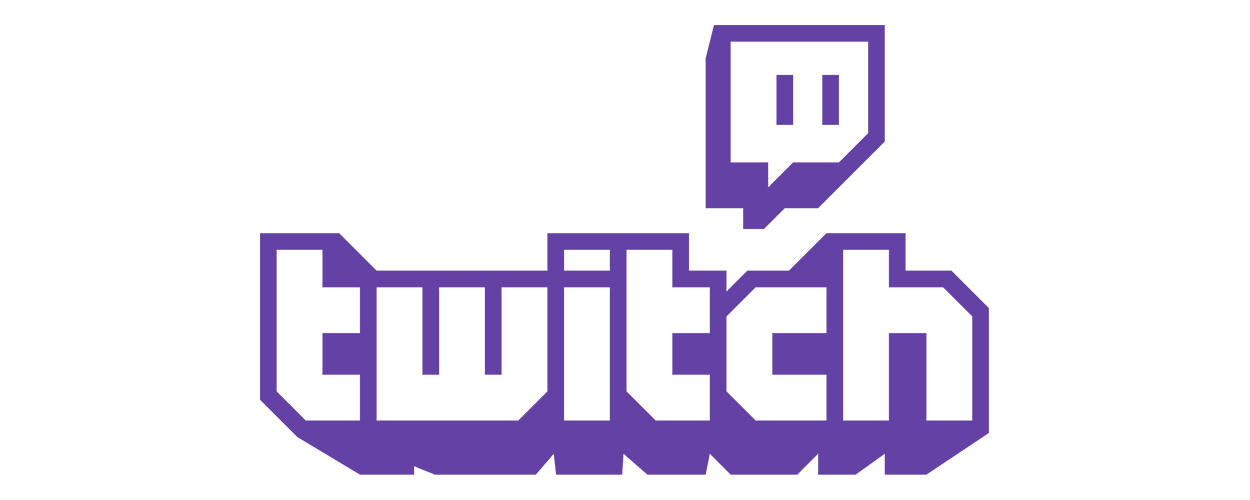This website uses cookies so that we can provide you with the best user experience possible. Cookie information is stored in your browser and performs functions such as recognising you when you return to our website and helping our team to understand which sections of the website you find most interesting and useful.
Business News Digital Labels & Publishers Legal
Twitch reports sudden “influx” of takedown requests as prolific users hit out a copyright claims and channel ban threats
By Chris Cooke | Published on Tuesday 9 June 2020

Amazon-owned livestreaming platform Twitch yesterday revealed that it had recently received an “influx” of takedown requests from the music industry. The statement, posted to Twitter, came as a number of prolific streamers on Twitch complained that their channels had been targeted with copyright complaints, many relating to old videos, with the threat of being banned from the platform if they failed to remove any unlicensed music contained in their archived content.
Many livestreaming platforms have gone under the radar when its comes to music licensing over the years, but since livestreams have become a big talking point as a result of the COVID-19 shutdown questions have increasingly been asked about which platforms have deals in place with the music industry. And, where there are deals, what exactly they cover when it comes to both livestreams and the subsequent archiving of that content.
With those platforms now in the spotlight, it could as yet turn out that reforms of the copyright safe harbour in Europe – as a result of last year’s European Copyright Directive – end up having a much bigger impact on livestreaming than more conventional user-upload sites like YouTube. And Twitch, owned by cash rich Amazon, is likely to feel that impact more than most. Which might explain the sudden flurry of takedown requests from music companies.
Where a platform does not have licences from the music industry, those streaming content via said platforms need to sort out their own licences if they plan to include music in their videos.
That generally applies to background music too. In some countries music that’s just playing in the background – ie it isn’t specifically synchronised into the video – might be covered by a copyright exception, or the ‘fair use’ concept in the US, although that’s a grey area that would depend on local copyright laws and the context of the stream.
Given that licensing music requires getting separate licences for recordings and songs – and, on the songs side, possibly separate licences for the copying of the music and the communicating of the music – few users are likely to be properly licensed, unless they are only using tracks provided by one-stop shop music libraries like Epidemic Sound.
Which means any commercially released music in those videos is almost certainly unlicensed. And – to benefit from the safe harbour – the platform is obliged to remove those videos to avoid any liability for any possible copyright infringement.
With an increased number of Twitch users being impacted by copyright complaints, the Amazon platform is keen to stress that its policies regarding music in its users’ streams have not actually changed, it’s just that the music industry has suddenly gone into a takedown frenzy.
Referencing the US Digital Millennium Copyright Act, which contains the US safe harbour rules, it said on Twitter yesterday: “This week, we’ve had a sudden influx of DMCA takedown requests for clips with background music from 2017-19. If you’re unsure about rights to audio in past streams, we advise removing those clips. We know many of you have large archives, and we’re working to make this easier”.
It added: “This is the first time we have received mass DMCA claims against clips. We understand this has been stressful for affected creators and are working on solutions, including examining how we can give you more control over your clips”.
Although still best known as a livestreaming platform for gamers, Twitch has been actively courting other kinds of content creators of late, including creators in the music community.
As both YouTube and Facebook found, once you have musicians using your platform, getting platform-wide music licences sorted becomes all the more important, as many artists using platforms like this want to perform cover versions. And even when they are performing their own music, collecting society licences are likely still needed on the songs side, if those artists are collecting society members.
Though, as the music industry starts to put livestreaming onto its copyright radar, it’s likely a lack of music licences is also going to become an ever bigger problem for Twitch’s core community of gamers too.





